Updated Blood and Thunder Portends Good Start to 2012 for Robert E. Howard Fans
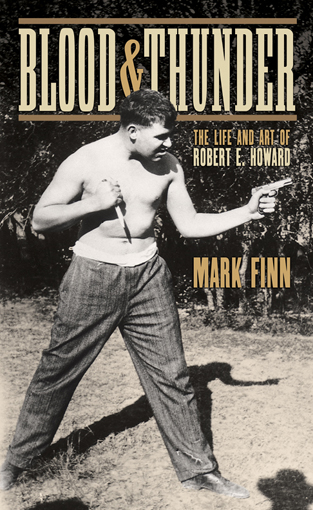 2011 hasn’t been the kindest year for fans of Robert E. Howard. January saw the end of the fine Del Rey series of Howard originals with the publication of the 11th and final volume Sword Woman and Other Historical Adventures (sigh). In August we got a crummy new film purporting to be REH’s Conan that resembles no story the Texan ever wrote, and is currently sporting a woeful 22% “rotten” rating over at Rotten Tomatoes (still think you can tell a better story than REH, Marcus Nispel?)
2011 hasn’t been the kindest year for fans of Robert E. Howard. January saw the end of the fine Del Rey series of Howard originals with the publication of the 11th and final volume Sword Woman and Other Historical Adventures (sigh). In August we got a crummy new film purporting to be REH’s Conan that resembles no story the Texan ever wrote, and is currently sporting a woeful 22% “rotten” rating over at Rotten Tomatoes (still think you can tell a better story than REH, Marcus Nispel?)
But the waning days of 2011 have brought a bit of good cheer to brighten the day of Howard fans everywhere: News of the publication of a new and improved second edition of the REH biography Blood and Thunder: The Life and Art of Robert E. Howard by Mark Finn.
Monkeybrain books published the first edition of the Blood and Thunder in 2006 in paperback; the second edition is being published in a limited run of 150 hardcover copies by the Robert E. Howard Foundation at a cost of $50 ($45 for members of the foundation). You can pre-order it now and it’s expected to ship by the end of January 2012. Here’s a description from the REH Foundation webpage:
Alongside the success of “Conan the Barbarian” was a neatly packaged, sound byte biography of a tortured young man, full of volcanic rages, playing at war inside his head, while the citizens in the small town of Cross Plains laughed at him behind his back—a man so undone by his circumstances and so strangely devoted to his mother that, on her deathbed, he pre-empted seeing her die by committing suicide.
In Blood and Thunder: The Life and Art of Robert E. Howard, author Mark Finn dispels many of those old, outdated myths that have grown up around Howard and his fictional creations. Armed with twenty-five years of research and a wealth of historical documents, Finn paints a very different picture from the one that millions of fans of Conan have been sold throughout the years.
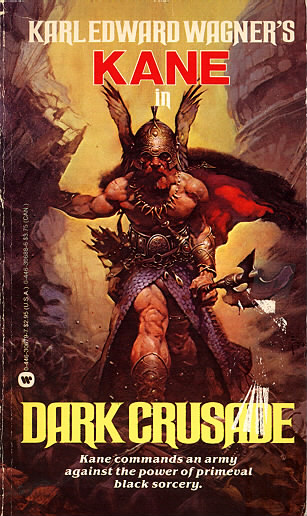 Why has swords and sorcery languished while epic fantasy enjoys a wide readership? In an age of diminished attention spans and the proliferation of Twitter and video games, it’s hard to explain why ponderous five and seven and 12 book series dominate fantasy fiction while lean and mean swords and sorcery short stories and novels struggle to find markets (Black Gate and a few other outlets excepted).
Why has swords and sorcery languished while epic fantasy enjoys a wide readership? In an age of diminished attention spans and the proliferation of Twitter and video games, it’s hard to explain why ponderous five and seven and 12 book series dominate fantasy fiction while lean and mean swords and sorcery short stories and novels struggle to find markets (Black Gate and a few other outlets excepted).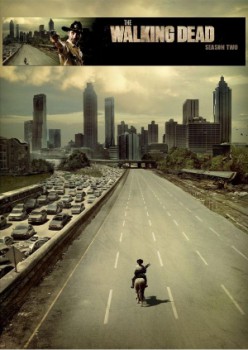 Warning: Some spoilers follow
Warning: Some spoilers follow I still haven’t quite come to grips with The Hobbit in 3D. I’ve got a few 3D films under my belt—Avatar, Captain America, Green Lantern, and Jaws 3—and to be honest, the added dimension hasn’t done much for me. Avatar made the most of it with its rich images of Pandora; the other films felt like they were trying to capitalize on a fad (hey, look, there’s a shield coming at me!) in order to take in a few extra bucks at the gate.
I still haven’t quite come to grips with The Hobbit in 3D. I’ve got a few 3D films under my belt—Avatar, Captain America, Green Lantern, and Jaws 3—and to be honest, the added dimension hasn’t done much for me. Avatar made the most of it with its rich images of Pandora; the other films felt like they were trying to capitalize on a fad (hey, look, there’s a shield coming at me!) in order to take in a few extra bucks at the gate.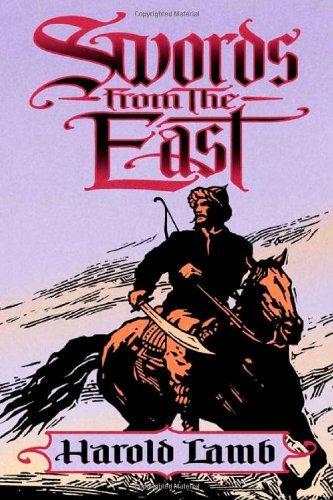 Swords from the Sea
Swords from the Sea
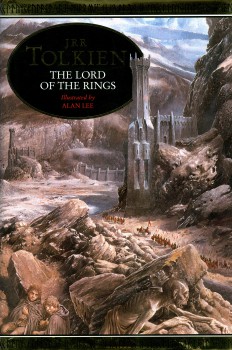 Part 2 of a 2-part series
Part 2 of a 2-part series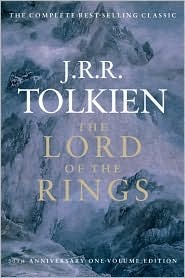 Part 1 of a 2-part series
Part 1 of a 2-part series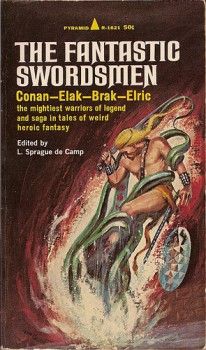
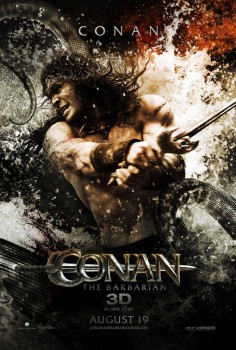 I’ve refrained from talking about Conan the Barbarian (2011) until now, despite my love for Robert E. Howard’s works. But now that we’re poised on the eve of its U.S. release, I thought I’d weigh in with my personal hopes—and fears—regarding the film.
I’ve refrained from talking about Conan the Barbarian (2011) until now, despite my love for Robert E. Howard’s works. But now that we’re poised on the eve of its U.S. release, I thought I’d weigh in with my personal hopes—and fears—regarding the film.